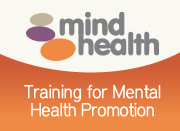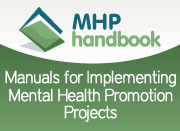Tools
- Utilities:
- Print this page
- Send this page
- Font size:
- Increase font size
- Decrease font size
Bullying and Harassment at Work
21/07/2011 - Submitted by: Hohenstein Rena
Objectives The course offers up-to-date knowledge for researchers and practitioners, occupational health and safety professionals, trade union officials as well as labour inspectors on the measurement, causes and consequences of bullying. The lectures discuss also practical tools available to handle bullying situations, and for the treatment and rehabilitation of victims and workplaces where bullying has taken place. Target group The course is targeted at both researchers and practitioners, and will be of particular interest to occupational safety and health professionals, trade union officials, labour inspectors, organisational consultants, and clinical therapists as well as PhD students in this field. Main topics - The concept of bullying and mobbing at work - The aetiology of bullying at work, antecedents and causes, and the escalating bullying process - Gender, race and ethnicity as antecedents of bullying - Harsh interpersonal conflicts: causes, consequences, process - The effects of bullying on health and well-being of the victim - Organisational consequences of bullying - How to measure and survey workplace bullying in organisations - Practical measures to prevent bullying and harassment at work - interventions and best practice - Investigating complaints in bullying cases at work - Supporting and helping the victims of bullying - The role of the third party: mediator, consultant, counsellor, etc. Course structure The course will consist of lectures given by internationally known experts in the field, case presentations, discussions, and group work. The participants are also encouraged to present their own research as well as their experience in handling bullying situations at workplaces.
Bookmark with:


